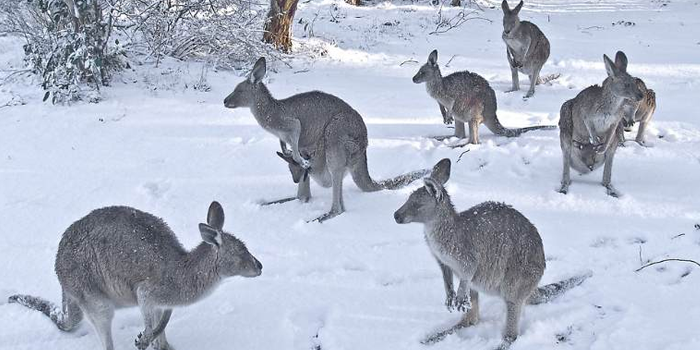No products in the cart.
Uncategorized
Winter Safety Tips for Older Adults
Winter has most definitely hit Australia with the country getting colder by the day. If you are caring for an older adult, it’s important to be aware of the risks that winter brings for them.
Older adults lose body heat faster than when they were younger, and if they are too cold for too long, they can get very sick. Changes in the body that come with ageing can also make it harder for older adults to notice that they are getting cold and a chill can become a serious problem before they realise. In severe cases, they may end up with hypothermia.
Hypothermia is a condition that occurs when the body temperature gets very low. A study conducted across The Alfred and Sandringham emergency departments found 217 people presented to the emergency department with hypothermia between 2009 and 2016. Of those, 11 per cent died.
Being outside in the cold for long periods or even being in a very cold house can be very dangerous for the elderly and can cause serious health issues such as heart attack, kidney problems and liver damage. The following are some tips to help protect older people in your care and lower their risk this winter.
Keep Warm Inside
An elderly person living in a cold house can get hypothermia as they typically have more problems keeping warm than younger people. As such, it is important to ensure it doesn’t get too cold inside and they are dressed warmly.
The following are some additional tips for keeping warm while you’re inside:
- Ensure the heating is set above 20°C. If you are concerned about heating bills, close the doors to rooms that you are not using and close the vents in these rooms. If they are causing a draft, place a rolled towel in front of the door.
- Keep blinds and curtains closed to ensure the house isn’t losing heat through the windows.
- Ensure your loved one is dressed warmly on cold days even if they are staying at home. When relaxing on the sofa, encourage them to wrap up in a blanket.
- At bedtime, encourage your elderly relative to wear thermal underwear under pyjamas, and use extra blankets and covers. They should also always wear socks and slippers when they get up in the morning.
- Make sure your loved one is eating enough food to keep their weight up as body fat helps us to stay warm.
- Alcoholic drinks can make us lose body heat, so encourage your loved one to drink a moderate amount of alcohol.
- Ensure you are regularly checking in on your loved one during cold months. If they experience a power outage, try to offer them somewhere to stay while it is fixed.
Rug Up When going Outside
Check the weather forecast before going outside with your loved one, as a strong, cold wind can quickly lower their body temperature. On particularly cold, windy days, encourage your loved one to stay inside, or if they have to go out ensure they are wearing warm clothes, and don’t stay outside in the cold for too long.
- Ensure they are dressed for the weather if they have to go out on chilly, cold, or windy days.
- Encourage them to wear a hat and scarf when it is cold outside, as a lot of body heat is lost through the head and neck if they are not covered.
- Provide a waterproof coat or jacket that they can wear if it is icy or snowy.
- Remind them to change their clothes as soon as possible if they get damp or wet.
Know the Signs of Hypothermia
It can be difficult to tell if someone has hypothermia, but it is important to be aware of the typical signs and monitor your elderly loved one. The following are some of the early signs of hypothermia to look out for:
- Pale skin
- Very cold feet and hands
- Drowsiness or exhaustion
- Confusion and memory loss
- Slow, shallow breathing
- Speech problems, such as talking slower or slurring words
- Shivering; however, in some cases, people with hypothermia do not shiver
As always, contact a doctor if you notice something out of the ordinary with your elderly loved one. They are in the best position to offer advice and support.
Ensure you are staying warm this winter and looking after yourself and your loved ones. For more information on this article, or the other services that we provide, don’t hesitate to get in touch with Brain Sparks.


